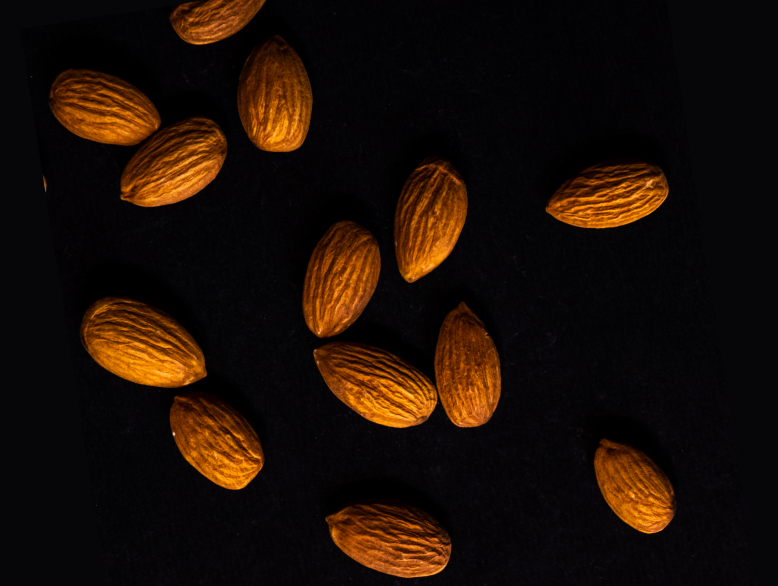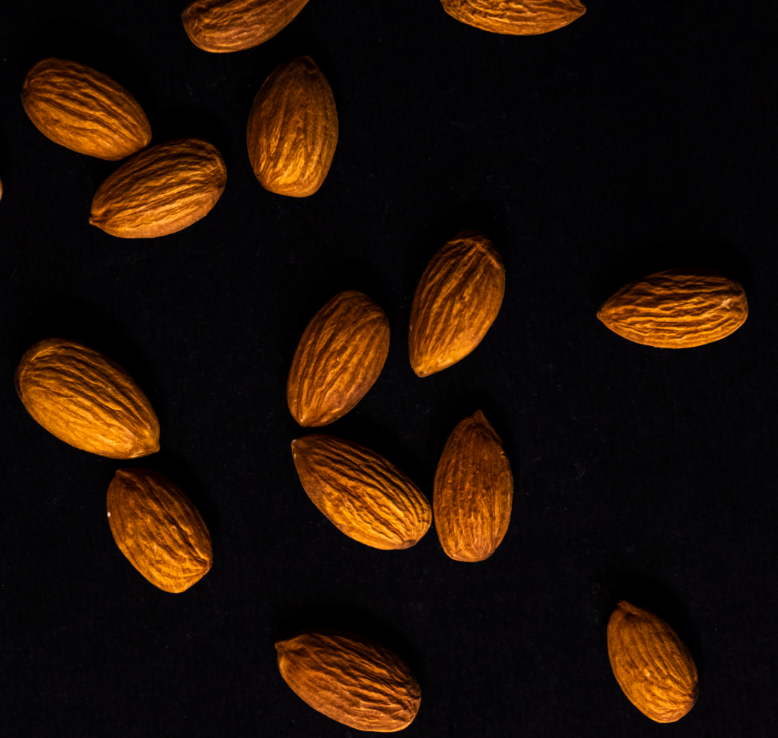The answer to the question—is protein powder gluten-free—depends entirely on sourcing, processing, and product transparency. Here’s what to look for and how to ensure your protein powder truly meets gluten-free expectations.













Gluten-free product claims carry weight, especially in the protein supplement space, where ingredient integrity matters.
With growing concerns around gluten sensitivity and celiac disease, many are asking whether the ingredients in their formulations are as clean and safe as they appear. And while most protein powders come from naturally gluten-free sources, that doesn’t always guarantee they are free of gluten altogether.
The answer to the question—is protein powder gluten-free—depends entirely on sourcing, processing, and product transparency. Here’s what to look for and how to ensure your protein powder truly meets gluten-free expectations.
Gluten is a group of proteins found in certain grains, including wheat, barley, and rye. It acts as a binding agent, providing elasticity and structure to various food products. In the context of protein powders, gluten can be introduced through additives—since it is not naturally part of most protein powders—or as a result of cross-contamination during manufacturing processes.
For instance, flavorings, stabilizers, or preservatives derived from gluten-containing grains may be added to protein powders to enhance taste or texture.
Additionally, if protein powders are produced in facilities that also process gluten-containing products, the risk of cross-contamination increases, as manufacturing facilities that process a range of products sometimes handle gluten-containing ingredients. When the same equipment is used for gluten-containing and gluten-free items, even naturally safe ingredients can come into contact with gluten. This situation can result in trace amounts of gluten appearing in protein powders.
Many companies follow strict cleaning protocols and use dedicated production lines to prevent cross-contact. These measures help ensure the protein powder is gluten-free and meets high-quality standards.
To determine whether your protein powder is free from gluten, consider the following steps:
Carefully read the product’s ingredient list for any gluten-containing components. Ingredients to be cautious of include:
Seek out products that have been certified gluten-free by reputable organizations. Third-party certification from organizations like the Gluten-Free Certification Organization (GFCO) confirms the product has been tested to meet low gluten thresholds. This is especially important if the product is manufactured in a shared facility.
GFCO requires all ingredients and finished products to test below 10 parts per million (ppm) of gluten, a threshold more stringent than the FDA’s regulation. Products bearing the GFCO mark have undergone an 80-step verification process, including ingredient reviews and facility audits.
When you see a gluten-free label on a protein powder, it is a sign that the product has been tested carefully and adheres to high standards.
Research the manufacturer’s protocols regarding cross-contamination. Companies that produce both gluten-containing and gluten-free products should have stringent cleaning procedures and dedicated equipment to prevent cross-contact.
You can ask your potential suppliers for information on sourcing, facility protocols, and cross-contact prevention. Reliable suppliers will offer detailed spec sheets and be transparent about their allergen control measures.
If you’re using the protein powder for development or large-scale production, the Certificate of Analysis (COA) should confirm the absence of gluten. This is standard practice for vendors with strict allergen controls.
Almond protein powder stands out as a naturally gluten-free option. It offers a high protein content and a pleasant roasted almond flavor. Its versatility makes it suitable for various applications, including protein bars, powders, and sports nutrition products. Incorporating almond protein powder can enhance formulations’ nutritional profiles and taste while ensuring they remain gluten-free.
READ MORE: Why Almond Protein Powder is Exploding in Health Industries
Ensuring that protein powders are gluten-free involves understanding potential contamination sources, scrutinizing ingredient labels, and seeking reputable certifications. By taking these steps, businesses can provide safe and high-quality products for consumers with gluten sensitivities.
At Harris Woolf Almonds, we are committed to providing high-quality almond protein powder that meets stringent gluten-free standards. Our products are sustainably grown and responsibly produced, ensuring unmatched flavor, texture, and quality. We offer customizable almond protein solutions tailored to your unique product specifications, including natural, blanched, and organic varieties.
Partner with us to develop superior almond-based ingredients aligned with your product development goals. Request a sample today!